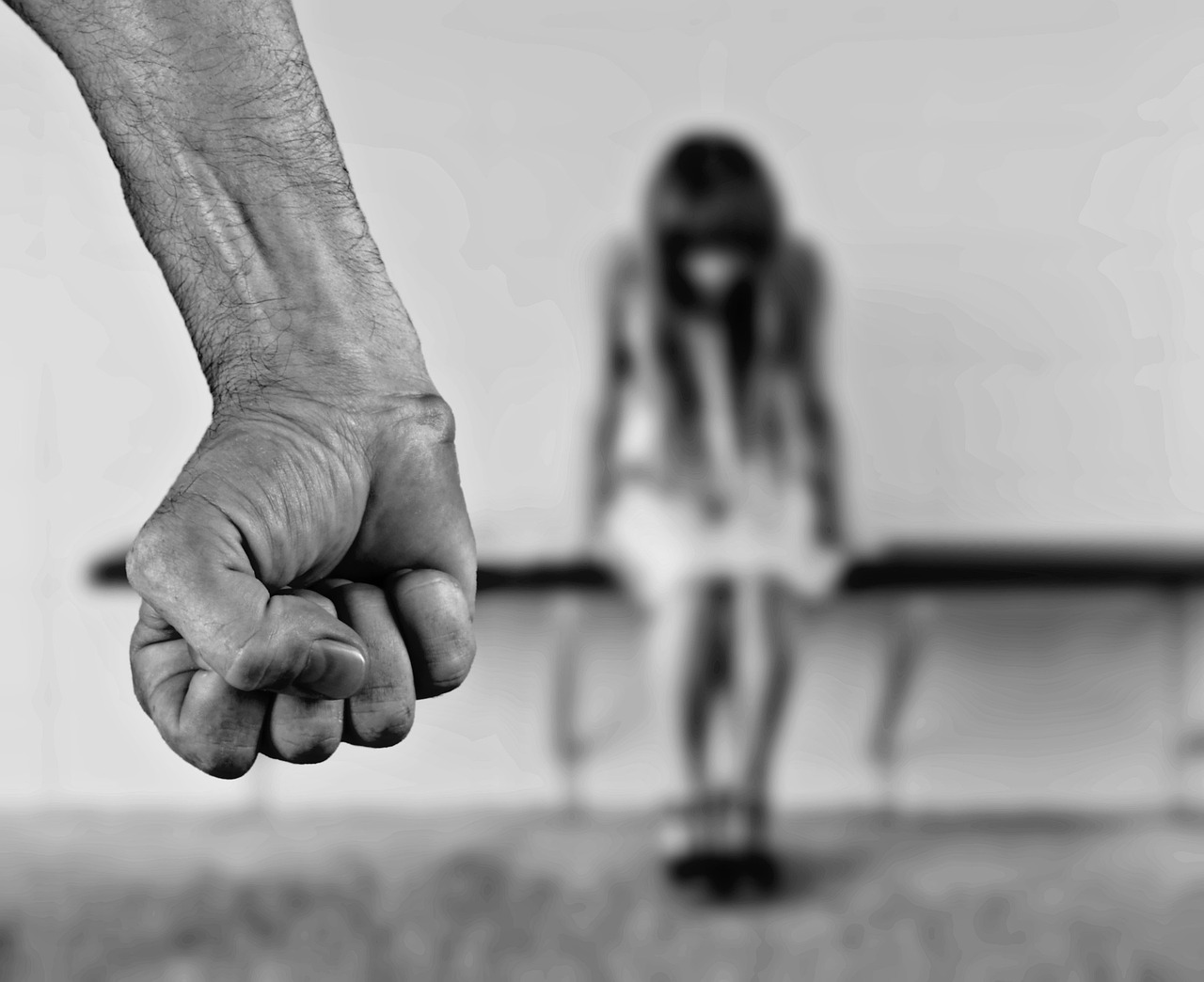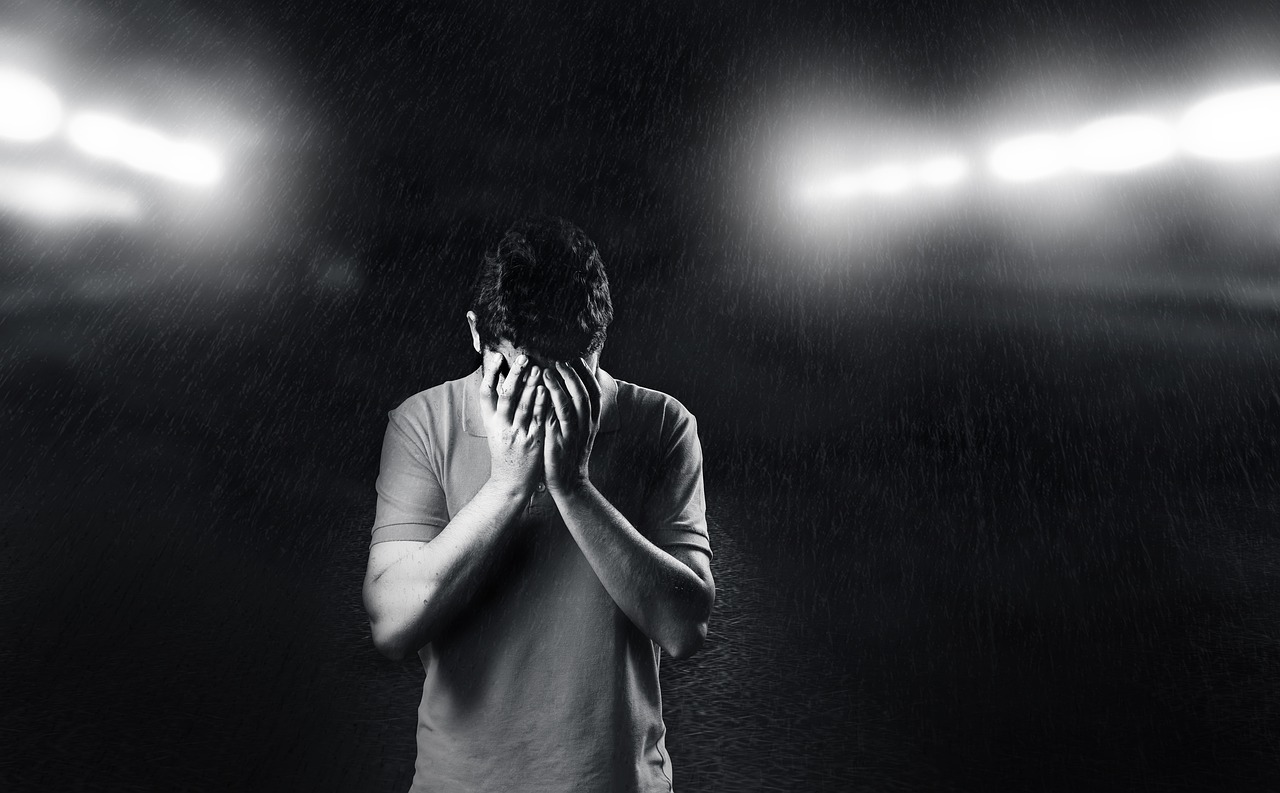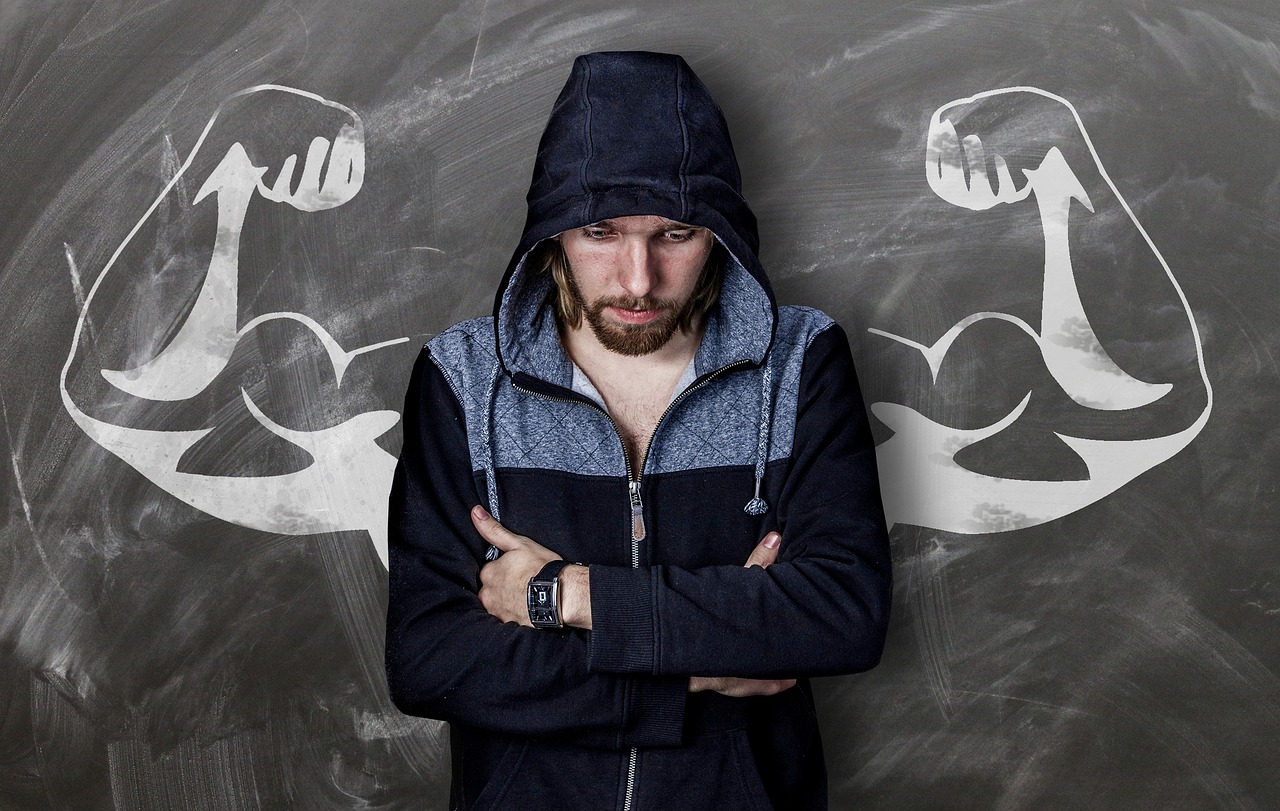Over the years, more and more “sexual assault incidents” have come to the forefront of people, some victims are brave enough to disclose, some are holding back, and some can no longer open their mouths. After being sexually assaulted, what can we do to protect our bodies from secondary victimization?
1、Going to the hospital for a check-up is of utmost importance
If the victim is a woman, she will inevitably undergo a gynecological examination, and the doctor will wipe the vagina to extract secretions and examine the hymen, vagina and other injuries; while the surgeon will carry out a violent tearing of various other parts of the body, and identify the injuries. In short, there will be a diagnosis or a medical record book, which can be used as evidence and to protect oneself at the same time.
2、Screening and prevention of sexually transmitted diseases
Sexual assault occurs in situations where the physical health status of the aggressor is unknown and the victim is likely to be infected as a result.
(1) Hepatitis B
Sexual transmission as an important mode of transmission of hepatitis [1]. If the aggressor is infected with hepatitis B virus and safety precautions were not taken during the sexual assault; or, if the victim’s skin and mucous membranes were damaged (broken) and came into contact with saliva, secretions, etc., of a person with hepatitis B, then there is also a risk.
Solution: Hepatitis B vaccine and immune globulin. If you yourself have had it before, you will need to get a booster shot.
(2) Gonorrhea, virus, AIDS
Many sexual assaults are high-risk unprotected sex, and gonorrhea, syphilis, and AIDS can be transmitted from a single act.
Gonorrhea’s “causative agent”, gonococcus, can exist in the pharynx and perianal rectum, in addition to the private parts. It is often asymptomatic at first, with an incubation period of 3 to 5 days or even 10 days.
Both sexual and blood transmission of syphilis is possible. Syphilis passes through stages I (ulcers at the site of contact), II (small rash, flu-like discomfort), and III (destruction of vital organs such as the heart and brain).
AIDS, which can be transmitted sexually is believed to be understood by everyone. What should I do if I get infected? AIDS blocking medication is the hope, the sooner you take it, the better! The sooner you take it, the better! Taking it within 2 hours after high-risk behavior is the most effective; taking it within 48 hours is still effective; within 48 to 72 hours, the blocking effect is relatively weak, but it is better to take it than not to eat it. Some medications are available at “AIDS treatment sites”, and hospitals specifically recommend consulting directly with your local CDC department to get accurate information the first time.
(3) Emergency contraception
Contraception is very important after a sexual assault! The only way to save your life afterward is to take emergency contraception, and the sooner the better! Take 1 (1.5mg) or 2 (0.75mg) tablets orally within 72 hours, 12 hours apart. If you vomit within 2 hours of taking the pill, you will need to take a refill.
(4) Mental health
If someone is unfortunate enough to have this happen to them, there is always a shortage of naysayers around, who are not direct aggressors, but become “accomplices” and can cause serious secondary damage to the victim. Friends and family members should actively help and guide, do not give some “verbal violence”. I hope we can all understand that when the victim has suffered physical humiliation, and finally have to suffer from a surrounding may last for several years, or even lifelong discussion, no doubt it is a pain in the neck.



